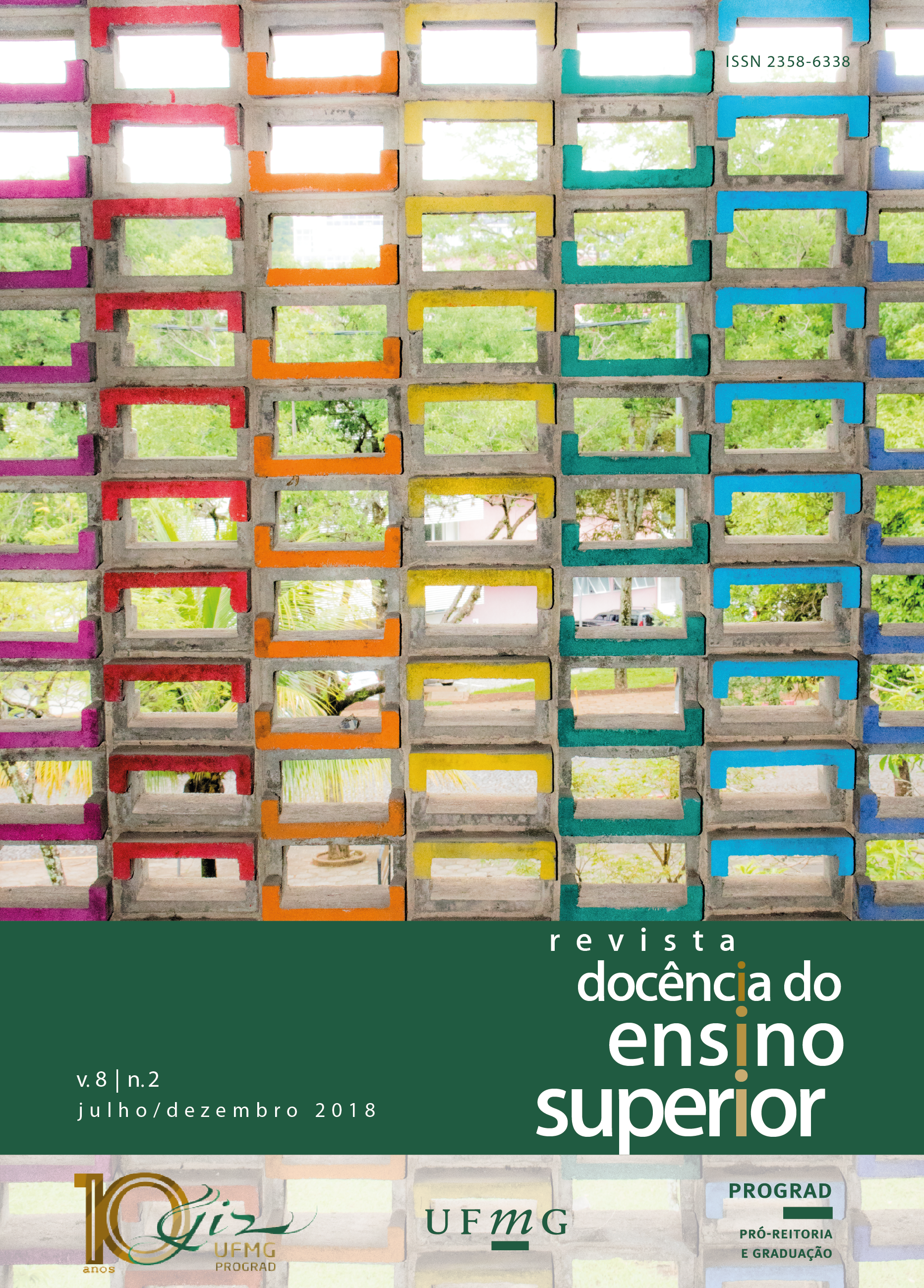Mapping of brazilian productions about use of Mathematical Modeling in the teaching of Differential and Integral Calculus
DOI:
https://doi.org/10.35699/2237-5864.2018.2436Keywords:
Higher education, Mathematical Modeling, Differential and Integral CalculusAbstract
This article presents results of a research about how Mathematical Modeling (MM) presents itself on academic researches that use MM on teaching and on the learning of Differential and Integral Calculus (ICD). As a methodological approach, Mapping in Educational Research procedures were used. The data were constituted from the selection of ten surveys published in three databases. For the analysis, five categories were initially established: a) theoretical references of the research; b) investigated problems/research interests; c) methodologies used; d) main results; and e) perspectives of continuity of the study. The study allowed us to identify the relevance of the use of methodological procedures such as MM in the teaching and learning of the CDI discipline. It was also verified that the use of this methodology allows the students to feel more interested in the learning of this contents covered on discipline.
Downloads
Downloads
Published
How to Cite
Issue
Section
License
Authors who publish in this journal retain the copyright and grant the journal the right of first publication, with the work simultaneously licensed under the Creative Commons Attribution License which allows the sharing of work with acknowledgment of authorship and initial publication in this journal.
Authors are authorized to take additional contracts separately, for non-exclusive distribution of the version of the work published in this journal (e.g. publish in institutional repository or as a book chapter), with acknowledgment of authorship and initial publication in this journal.
Open access policy:
Revista Docência do Ensino Superior is an Open Access journal, which means that all content is available free of charge, at no cost to the user or their institution. Users may read, download, copy, distribute, print, search, or link to the full texts of the articles, or use them for any other legal purpose, without seeking prior permission from the publisher or author, provided they respect the license to use the Creative Commons used by the journal. This definition of open access is in line with the Budapest Open Access Initiative (BOAI).
























